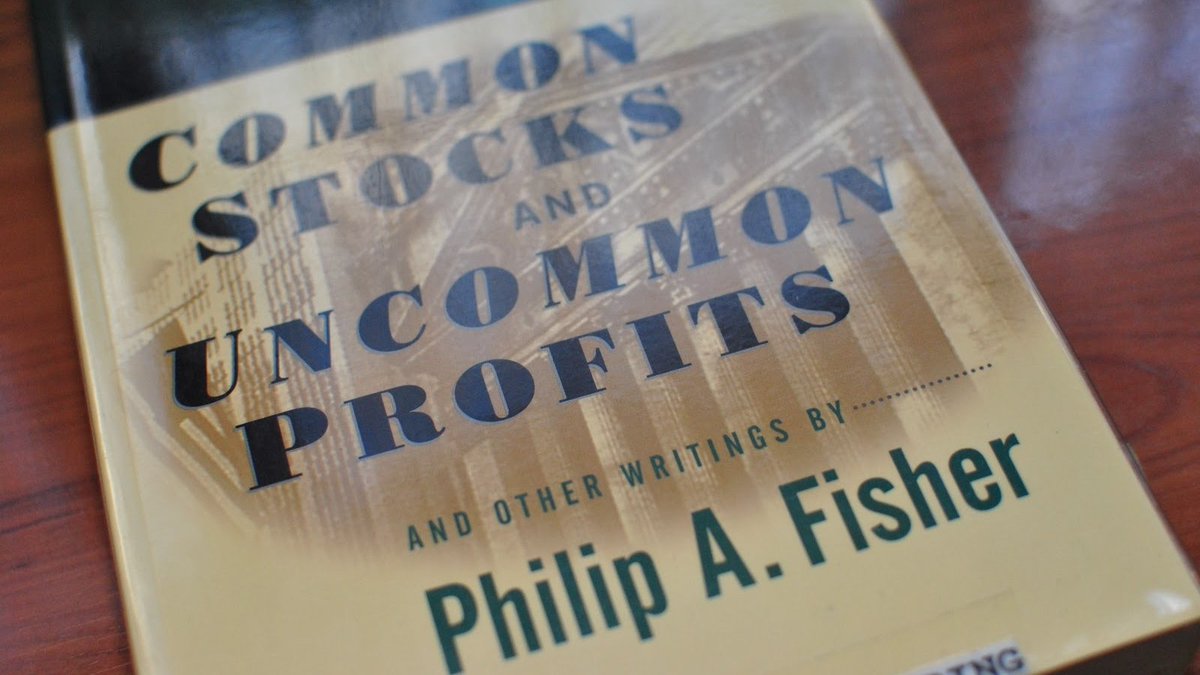A fund does well. You fall in love with the fund house. You have a large mid and small cap scheme from them. They all tank together! Diversify. And remember being good at one thing doesn’t make you good at the other.
Ten MF mistakes I recommend you avoid...
A fund does well. You fall in love with the fund house. You have a large mid and small cap scheme from them. They all tank together! Diversify. And remember being good at one thing doesn’t make you good at the other.
Applying the same metrics to judge different asset classes. What matters to equity funds doesn’t matter to debt funds. Arb funds are fully hedged - the individual stocks don’t matter, they do in equities. Understand what matters for each asset class.
Assuming all passive funds are good because they are cheap. There are terrible passive funds out there too. They track bad indices. Or they track good ones but have a lot of tracking error. Passive requires its own set of research.
We have categories in MF but sadly all funds in a category are not comparable. Just because a website compares them doesn’t mean you should look beneath. BAF categories have funds that are static, dynamic bond funds have rolldowns. Just an example.
Everyone publishes 1y/3y/5y returns but they mean little. They matter only if you invested on this day 1/3/5 years ago. And one good month can make the entire 1/3/5 series look good. Rolling returns indicate the average investor experience.
The single most badly used statistic in MF. And the single most published. It indicates nothing about the future returns of a fund. In debt, in fact, it indicates the opposite. Ignore it.
What works for the globe should work for India. Different market, different rules. For instance ETFs have huge structural benefits in the US but in India index funds are a better structure because we don’t have a great market making infra.
Read fund manager commentary. Read market views. Read twitter blogs. But don’t open your portfolio. The single most important thing to check, is what do you hold. And it’s disclosed monthly. See it.
Buy because someone is buying, sell because a WhatsApp group says so. Personal finance is personal. 100 - age doesn’t work. Two 26 year olds may have diff liabilities, family backgrounds, professions. How can their portfolio be the same.
Lots of talk about MF fees. Do you know how much you pay in switching costs between taxes and exit loads? Every churn costs us more than we estimate, so think hard about it before you hit redeem or switch.
More from Finance
I'm lucky to attain financial freedom before 30.
I credit Fintwit for my learnings.
Here's 10 key concepts every investor must know:
1. $$ needed to retire
2. Researching a business
3. Reading annual reports
4. Reading earnings calls
5. Criteria of a multi bagger
(Read on...)
6. Holding a multi bagger
7. Economic moats
8. When to buy a stock
9. Earnings vs cashflow
10. Traits of quality companies
Here's my 10 favourite threads on these concepts:
1. How much $$ do you need to retire
Before you start, you must know the end game.
To meet your retirement goals...
How much $$ do you need in your portfolio?
10-K Diver does a good job explaining what's a safe withdrawl rate.
Hint: It's NOT
2. Research a business
Your investment returns are a lagging indicator.
Instead, your research skills are the leading predictor of your results.
Conclusion?
To be a good investor, you must be a great business researcher.
Start with
3. Reading annual reports
This is the bread and butter of a good business analyst.
You cannot just listen to opinions from others.
You must learn to deep dive a business and make your own judgments.
Start with the 10k.
Ming Zhao explains it
I credit Fintwit for my learnings.
Here's 10 key concepts every investor must know:
1. $$ needed to retire
2. Researching a business
3. Reading annual reports
4. Reading earnings calls
5. Criteria of a multi bagger
(Read on...)
6. Holding a multi bagger
7. Economic moats
8. When to buy a stock
9. Earnings vs cashflow
10. Traits of quality companies
Here's my 10 favourite threads on these concepts:
1. How much $$ do you need to retire
Before you start, you must know the end game.
To meet your retirement goals...
How much $$ do you need in your portfolio?
10-K Diver does a good job explaining what's a safe withdrawl rate.
Hint: It's NOT
1/
— 10-K Diver (@10kdiver) July 25, 2020
Get a cup of coffee.
In this thread, I'll help you work out how much money you need to retire.
2. Research a business
Your investment returns are a lagging indicator.
Instead, your research skills are the leading predictor of your results.
Conclusion?
To be a good investor, you must be a great business researcher.
Start with
1/ Thoughts on Research Process
— Mostly Borrowed Ideas (@borrowed_ideas) September 27, 2021
I was invited to present my research process at a college in the US. I am sharing all ten slides here. pic.twitter.com/z0tjZcogfH
3. Reading annual reports
This is the bread and butter of a good business analyst.
You cannot just listen to opinions from others.
You must learn to deep dive a business and make your own judgments.
Start with the 10k.
Ming Zhao explains it
\U0001f9d0How to Read 10Ks Like a Hedge Fund\U0001f9d0
— Ming Zhao (@FabiusMercurius) May 7, 2021
\u201cFundamentals don\u2019t matter anymore!\u201d I\u2019ve heard this a lot lately on Fintwit.\U0001f644
But, for those who\u2019ve diversify beyond $GME and $DOGE, here\u2019s a primer on what metrics fundamental buy-side PMs look at and why:
(real examples outlined)
\U0001f447 pic.twitter.com/tLlNRvpnDK























